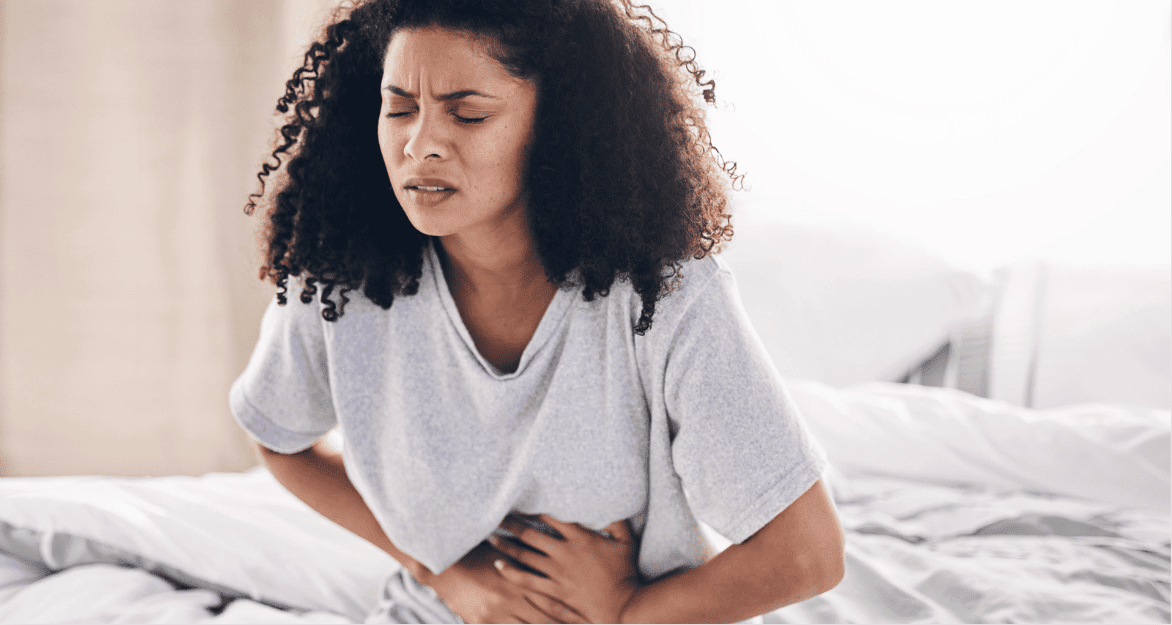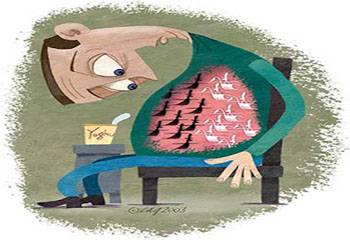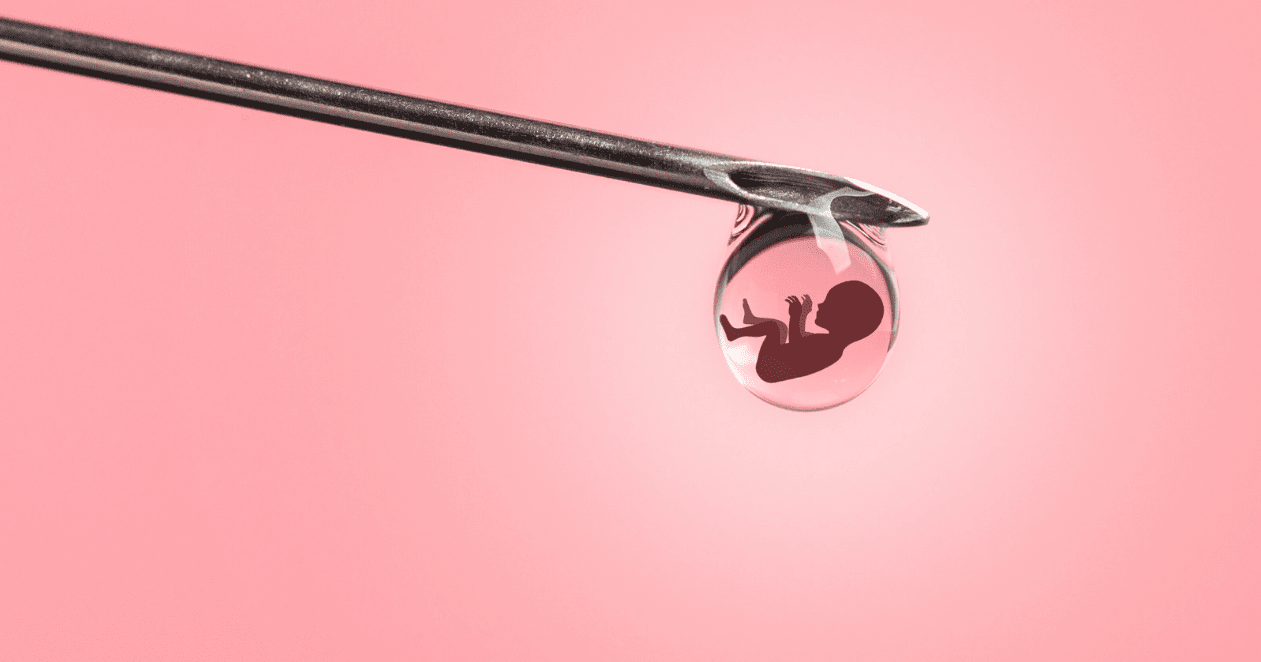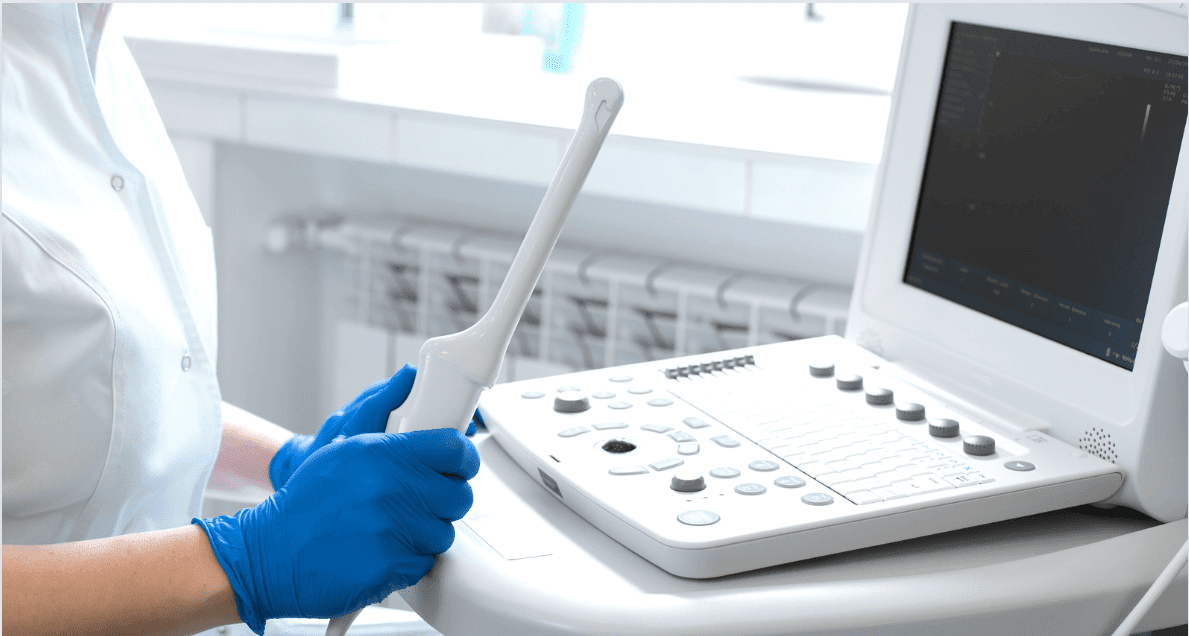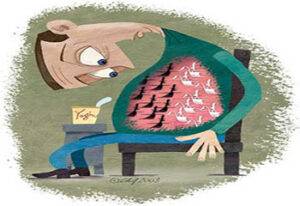Women with endometriosis often face more frequent complaints of poor sleep, reduced quality of life, and higher pain scores compared to healthy women. This connection between endometriosis and sleep disorders is particularly significant as these women experience increased pain & fatigue during the day after a night of insomnia. For this reason, understanding the severity and frequency of endometriosis sleep disorders is crucial for overall symptom relief.
But first, what is good sleep?
Good sleep is essential for the body to function optimally. During sleep, the body undergoes various restorative processes, including muscle repair, memory consolidation, and hormone regulation. Quality sleep supports cognitive functions such as memory, decision-making, and mood regulation, strengthens the immune system, and maintains hormonal balance. For women with endometriosis, good sleep helps manage pain, reduce inflammation, and improve overall health outcomes.
How do you know if you are getting a good nights sleep?
Determining whether you’ve had a good night’s sleep can be relative to your unique sleep history, but there are general indicators to look for. For women with endometriosis, good sleep typically means getting 8-9 hours of uninterrupted rest. A significant sign of restorative sleep is frequent dreaming, which indicates that you are cycling through all the stages of sleep (including REM sleep), which is essential for cognitive function and emotional health. You should not be waking up during the night; continuous sleep is crucial for the body’s healing processes. Upon waking, you should feel refreshed, alert, and hungry, ready to start your day with energy. Consistently meeting these criteria can signify that you are achieving the restorative sleep your body needs.
There are some common underlying drivers in women with endometriosis who have sleeping issues. Some of these include:
Pain During the Night
One of the primary causes of sleep disturbances in women with endometriosis is pain. The chronic pelvic pain associated with endometriosis can intensify at night, making it difficult to fall asleep and stay asleep. This pain can radiate to the lower back and thighs, causing a restless and uncomfortable night, ultimately leading to poor sleep quality.
Heavy Bleeding During the Night
Women with endometriosis often experience heavy menstrual bleeding, which can disrupt sleep. The need to frequently change menstrual products during the night can lead to multiple awakenings, further compromising sleep quality. Additionally, the anxiety associated with heavy bleeding can contribute to insomnia and restless nights.
Environmental Exposures
Environmental factors such as dust and mould can exacerbate symptoms of endometriosis and contribute to sleep disorders. Dust is full of mycotoxins that stimulate oestrogen production and go on to feed endometriosis. Additionally, mould is a known insomnia trigger and is rich in mycotoxins. Dust can also congest your sinuses, making it harder to breathe through the night.
Hormonal Fluctuations: Feeling Too Hot or Cold
Hormonal fluctuations can cause women with endometriosis to feel too hot or too cold during the night, disrupting sleep. These temperature changes can be driven by variations in oestrogen and progesterone levels, which influence the body’s ability to regulate temperature. Night sweats or chills can lead to frequent awakenings and poor sleep quality.
Progesterone Deficiency
Progesterone deficiency is common in women with endometriosis due to chronic stress, genetics and progesterone resistance. This hormonal imbalance can lead to sleep disturbances, as progesterone plays a role in promoting relaxation and sleep. Without adequate progesterone, women may experience difficulty falling asleep and staying asleep.
Adrenal Dysfunction, Endometriosis & Sleep
Adrenal dysfunction is common in women with endometriosis and can significantly impact sleep quality. When the adrenal glands are overworked due to chronic stress and inflammation, they can become fatigued, leading to imbalances in cortisol production. Cortisol, a stress hormone, should follow a natural rhythm of being higher in the morning and lower at night. However, in cases of adrenal dysfunction, cortisol levels can be elevated at night, making it difficult to fall asleep and stay asleep. Additionally, adrenal fatigue often results in low levels of electrolytes such as magnesium, potassium, and sodium, which are essential for quality sleep. Adrenal dysfunction can also dysregulate your blood sugar which can lead to it crashing overnight (and popping you wide awake).
Pain Medications
While pain medications are often necessary for managing endometriosis pain, some of them can interfere with sleep. This is particularly true when it comes to opoid medications such as oxycodone, Tramadol and Tapentadol. Pain relief before bed however is essential for good sleep. So if you are in need of it, talk to your doctor about trying over the counter medications that won’t keep you awake instead (such as Naprogesic).
Anxiety and Depression
Anxiety and depression are common among women with endometriosis, and they can further complicate sleep issues. The chronic pain and stress associated with the condition can lead to mental health challenges, which in turn affect sleep. Anxiety can cause difficulty falling asleep, while depression can lead to early morning awakenings and non-restorative sleep.
Digestive Issues: IBS, Reflux, and Parasites
Many women with endometriosis also suffer from digestive issues such as irritable bowel syndrome (IBS), gastrointestinal reflux disease (GERD) These gastrointestinal problems can cause discomfort and pain, especially at night, making it difficult to achieve restful sleep. Reflux, in particular, can be aggravated by lying down, leading to interrupted sleep.
Parasites and bacterial infections in the gut are especially common in women with endometriosis and can disrupt sleep, particularly at night. These infections can cause digestive discomfort, pain, and inflammation, all of which can make it difficult to achieve restful sleep. Parasites often have life cycles that cause increased activity and symptoms during the night, leading to frequent awakenings and poor sleep quality. Additionally, bacterial overgrowth in the gut, such as SIBO (Small Intestinal Bacterial Overgrowth), can cause bloating and discomfort that worsen when lying down. Both parasites and bacterial infections can exacerbate endometriosis symptoms and contribute to the overall inflammatory burden on the body. Addressing these gut health issues through appropriate treatments and dietary changes can help improve sleep quality and reduce endometriosis-related symptoms.
Bruxism
Bruxism, or the clenching and grinding of teeth, is common in women with endometriosis and can significantly prevent quality sleep. This condition is often exacerbated by the chronic pelvic pain associated with endometriosis, as the body’s response to persistent discomfort can manifest as teeth grinding during sleep. Bruxism not only affects the jaw and teeth but also contributes to headaches and muscle pain. It can sometimes also be caused by intestinal parasites. Managing bruxism is crucial for improving sleep quality and overall well-being for women suffering from endometriosis.
Strategies to Improve Sleep for Women with Endometriosis
1. Practice Good Sleep Hygiene
Good sleep hygiene is crucial for improving sleep quality. This includes maintaining a consistent sleep schedule by going to bed and waking up at the same times each day, even on weekends. Create a calming bedtime routine that helps signal to your body that it’s time to wind down. This could include activities such as reading or practicing relaxation techniques like deep breathing or meditation. Make sure your sleep environment is conducive to rest: keep the bedroom dark, quiet, and cool, and invest in a comfortable mattress and pillows.
Everyone also tends to sleep better in cooler environments, with the ideal bedroom temperature being around 18-20°C (64-68°F). Cooler temperatures help the body maintain its natural thermoregulation processes, promoting deeper and more restful sleep. For those who tend to run hot at night, investing in a bed cooling system, such as the Ooler Sleep System by ChiliSleep, can be highly beneficial. These systems allow for precise temperature control, ensuring a comfortable sleeping environment that supports better sleep quality.
2. Avoid Caffeine in All Forms
Women with endometriosis are often slow metabolisers of caffeine. Since caffeine has a half-life of about 12 hours, half of the caffeine from a cup of coffee consumed at 9am can still be in your system at 9pm – making it impossible to enter deep, regenerative sleep. For optimal sleep (and reduced pain scores), it’s best to avoid caffeine entirely, or at least limit it to the early morning hours. Check out the book Why We Sleep for more information on the importance of sleep and how caffeine affects it.
3. Block Out Light and Sound
Using a memory foam eye mask and custom made ear plugs to create a dark, quiet environment for sleep can be life changing if you have a hard time sleeping. Audiologists can create custom ear plugs that you don’t even feel during the night, ensuring a comfortable and undisturbed sleep.
4. Supplements That Help Sleep
Certain supplements/ bio-identical hormones can support better sleep and overall health.. these are my top 5:
- Micronised Progesterone: 100mg before bed in the second half of your cycle can improve sleep, lighten bleeds and give great pain relief.
- L-Theanine: Promotes relaxation by increasing levels of calming brain chemicals like GABA, dopamine, and serotonin.
- Magnesium Glycinate: Relaxes muscles and improves sleep quality by regulating neurotransmitters that are involved in sleep.
- Inositol: Supports restful sleep and can help with mood regulation by influencing serotonin levels.
- Electrolytes: Replenishing electrolytes before bed helps maintain hydration, prevent muscle cramps, supports the nervous system, and regulates the heart rhythm. This promotes relaxation and reduces nighttime disturbances, leading to improved sleep quality. Additionally, certain painkillers (like NSAIDs and some opioids) can negatively affect electrolyte balance, making it even more important to ensure adequate electrolyte levels before going to bed.
5. Check for Environmental Exposures
Check for environmental exposures that can keep you awake like dust and mould. Ensure to check pillows, mattresses, and clothes for any sign of water damage and vacuum every day using a HEPA filter vacuum. Use a HEPA air purifier and run a dehumidifier during the day as often as possible. It is also good practice to replace your pillows every year, and avoid feather/down.cotton pillows which can attract moisture and are notorious for getting dusty.
6. Manage Blood Sugar
Many women with endometriosis are chronically hypoglycaemic (often due to taxed adrenal glands), and often wake up due to blood sugar crashes (usually between 2-4am). Having a small protein-rich snack before bed can help maintain stable blood sugar levels and keep you asleep. My favourite recommendation is a couple of small rice crackers with a little bit of nut butter (avoid peanuts though as they are mouldy).
7. Warm Foot Baths
A warm foot bath before bed can help you relax and drift off to sleep by pulling the energy out of your head (where too many thoughts can go on) into your feet. Optimise by adding half a cup of Dead Sea salts or magnesium flakes to your foot soak. This is a much better option than taking a hot bath before bed, which can make women with endometriosis feel worse by exacerbating symptoms of low blood pressure and anaemia by:
- Vasodilation: Hot water widens blood vessels, lowering blood pressure further and causing dizziness or fainting in those with hypotension.
- Increased Heart Rate: To compensate for lower blood pressure, the heart rate may rise, straining those with anaemia.
- Dehydration: Sweating from hot baths can lead to fluid loss, exacerbating low blood pressure and reducing blood volume.
- Reduced Oxygen Supply: Anaemia limits oxygen-carrying capacity, and the increased metabolic rate from heat raises oxygen demand, causing fatigue or shortness of breath.
- Symptom Exacerbation: The effects of hot baths can worsen symptoms of hypotension and anaemia, making it harder to stand or move without dizziness.
8. Herbal Teas
Herbal teas like lavender and chamomile can help send women to sleep. It’s best to buy organic to avoid the fluoride often found in mainstream teas and to buy loose leaf. Let them steep for a while and drink them 1-2 hours before bed to mitigate the risk of needing to get up during the night for the toilet.
9. Work on your pelvic floor
Working on pelvic floor strength can help prevent women from having to get up during the night to urinate by improving bladder control and reducing urinary urgency. For women with endometriosis, pelvic floor dysfunction is often a concern due to chronic pelvic pain and inflammation, which can weaken these muscles over time. Strengthening the pelvic floor can further support the bladder and urethra, reducing the frequency of night time urination. Improved pelvic floor strength can also alleviate pressure on the bladder, leading to fewer interruptions in sleep and better overall rest.
10. Consider Investing in a Dental Expander or SOMA Plate for Sleep Quality
A dental expander or SOMA plate can be effective in improving sleep quality for women with endometriosis by addressing issues related to bruxism and airway obstruction. A dental expander works by gradually widening the upper jaw, which can help alleviate the pressure and discomfort associated with teeth grinding. This expansion creates more space in the mouth, reducing the likelihood of clenching and improving airflow during sleep. The SOMA plate, a specialised dental appliance, is designed to support the jaw and align the teeth, preventing bruxism and promoting better breathing. It also helps to relax the vagus nerve, enhancing the immune system, digestion and reducing inflammation. By ensuring the airway remains open and reducing the incidence of teeth grinding, these dental devices contribute to more restful and uninterrupted sleep, enhancing overall health and quality of life for women with endometriosis.
Conclusion
Addressing sleep disorders in women with endometriosis requires a comprehensive approach that considers the various underlying causes. If you have endometriosis and you are struggling to sleep well, consider joining my Conquer Endo Naturally Program to get relief from endometriosis sleep disorders quickly.

